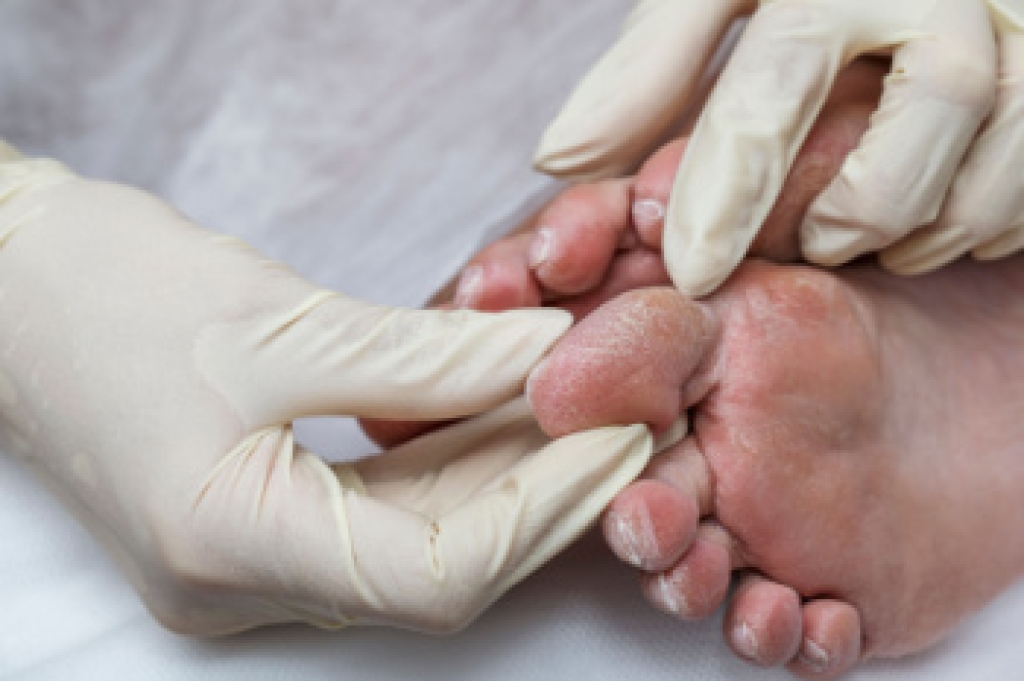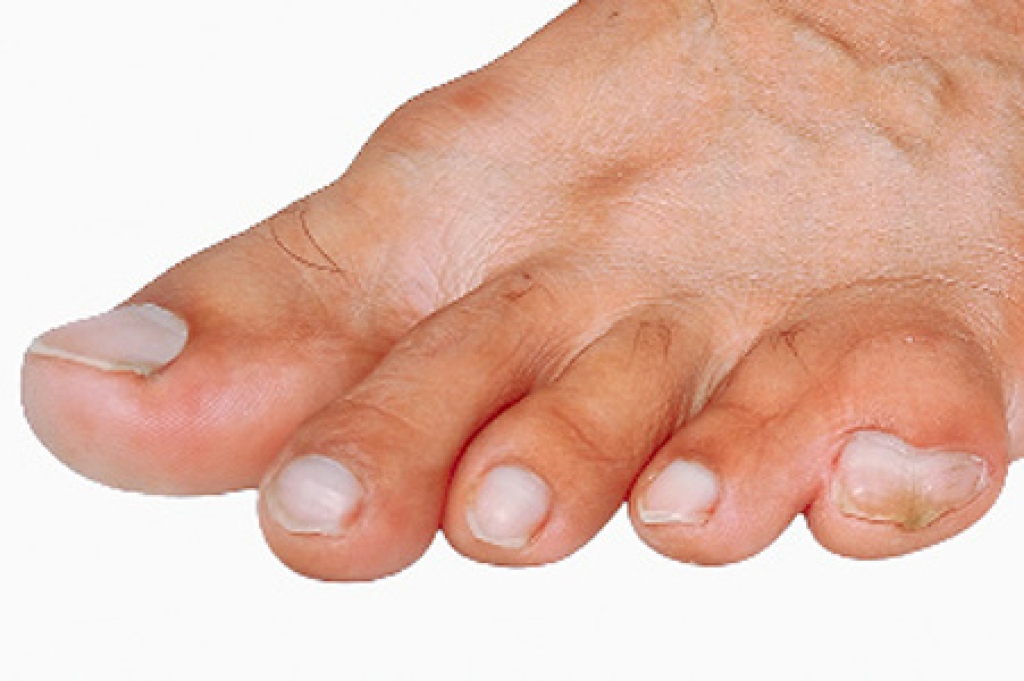
Prudent foot care is critical for people with diabetes, as high blood sugar can lead to nerve damage known as neuropathy, and poor circulation, making feet more vulnerable to injury and infection. Symptoms often include numbness, tingling, or a loss of sensation in the feet, making it difficult to feel cuts, blisters, or sores. If left untreated, even minor injuries can lead to serious complications, including ulcers and infections. The primary causes of foot issues in diabetics are nerve damage, poor circulation, and a reduced ability to heal wounds. Diabetic patients may also experience dry skin, calluses, or fungal infections. A podiatrist can provide essential care, including regular foot exams, wound care, and preventative treatments. They may recommend custom shoes or custom orthotics to reduce pressure points, prescribe medications for infections, and suggest proper foot hygiene techniques. If you have diabetes, it is suggested that you are under the care of a podiatrist who can help you to manage this serious condition.
Diabetic foot care is important in preventing foot ailments such as ulcers. If you are suffering from diabetes or have any other concerns about your feet, contact Paul Potach, DPM from Illinois . Our practitioner can provide the care you need to keep you pain-free and on your feet.
Diabetic Foot Care
Diabetes affects millions of people every year. The condition can damage blood vessels in many parts of the body, especially the feet. Because of this, taking care of your feet is essential if you have diabetes, and having a podiatrist help monitor your foot health is highly recommended.
The Importance of Caring for Your Feet
- Routinely inspect your feet for bruises or sores.
- Wear socks that fit your feet comfortably.
- Wear comfortable shoes that provide adequate support.
Patients with diabetes should have their doctor monitor their blood levels, as blood sugar levels play such a huge role in diabetic care. Monitoring these levels on a regular basis is highly advised.
It is always best to inform your healthcare professional of any concerns you may have regarding your feet, especially for diabetic patients. Early treatment and routine foot examinations are keys to maintaining proper health, especially because severe complications can arise if proper treatment is not applied.
If you have any questions, please feel free to contact our offices located in Wheeling and Berwyn, IL . We offer the newest diagnostic and treatment technologies for all your foot care needs.





